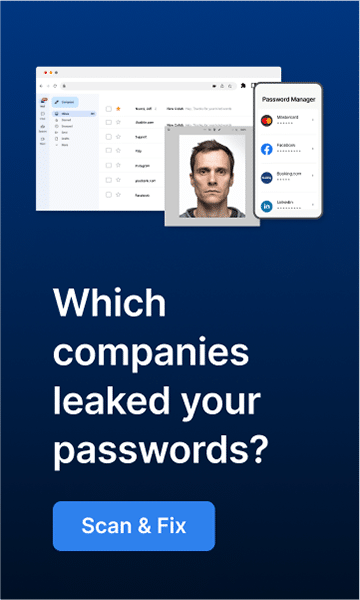It seems like every day, we hear about another data breach or cyberattack. These incidents are becoming increasingly common, and it’s more important than ever to have a strong cybersecurity strategy in place. In this blog post, we will outline ten tips for creating a more secure personal cybersecurity strategy. Following these tips will help protect you from hackers and other online threats.
Why cybersecurity is important?
With all of the sensitive information we share online, it’s important to take measures to protect ourselves from identity theft, data breaches, and other online threats. A strong cybersecurity strategy can help mitigate these risks.
Here are ten tips for creating a more secure personal cybersecurity strategy:
Tip #01: Use a Secure Password Manager
A password manager is a software application that helps you create and manage strong passwords. Using a password manager is one of the best things you can do to improve your cybersecurity.
Tip #02: Use Two-Factor Authentication
Two-factor authentication (also known as two-step verification) adds an extra layer of security to your online accounts. When you enable two-factor authentication, you will be prompted to enter a code (usually sent to your phone via text message) in addition to your password when logging in.
Tip #03: Keep Your Operating System and Software Up-to-Date
One of the simplest and most effective things you can do to improve your cybersecurity is to keep your operating system and software up to date. Cybercriminals often exploit security vulnerabilities that have been fixed in newer versions of software. By keeping your software updated, you make it more difficult for hackers to gain access to your computer or device.
Tip #04: Use a Firewall
A firewall is a piece of hardware or software that helps protect your computer from unauthorized access. Firewalls can be used to block incoming traffic from known malicious IP addresses or websites.
Tip #05: Use Anti-Virus and Anti-Malware Software
Anti-virus and anti-malware software help protect your computer from viruses, malware, and other malicious software. These programs can scan your computer for threats and remove any that are found.
Tip #06: Avoid Phishing Scams
Phishing scams are a type of online fraud where criminals send emails or text messages that appear to be from a legitimate source, such as a bank or credit card company. These messages often try to trick the recipient into clicking on a link or attachment that will install malware on their computer. Be very careful about clicking links in emails or text messages, even if they appear to be from a trusted source.
Tip #07: Be Careful What You Click on Online
In addition to phishing scams, there are other types of malicious software that can be installed on your computer simply by clicking on a link or downloading an attachment. Be very cautious about the links you click on and the attachments you open, even if they come from people you know.
Tip #08: Use Secure Wi-Fi Networks
When using public Wi-Fi networks, it’s important to be aware of the security risks. These networks are often unsecured, which means that anyone else connected to the network can easily see any data being sent or received. If possible, avoid doing sensitive activities, such as online banking or shopping, on public Wi-Fi networks.
Tip #09: Use Encryption Software
Encryption is a process that scrambles data so that it can only be read by someone with the proper decryption key. When encrypting data, you can choose to encrypt all of the data on your computer or just specific files. There are many different types of encryption software available, so be sure to do some research to find the right one for your needs.
Tip #10: Be Smart About Your Personal Information
Be careful about the personal information you share online. This includes things like your home address, email address, and phone number. Only share this information with people and websites that you trust. Be especially cautious about sharing this information on social media sites.
Following these tips can help you create a more secure cybersecurity strategy. However, it’s important to remember that no security measure is 100% effective. The best way to protect yourself from cybercrime is to stay informed and be aware of the latest threats. Cybercriminals are constantly coming up with new ways to exploit security vulnerabilities, so it’s important to stay up-to-date on the latest news in the world of cybersecurity.

